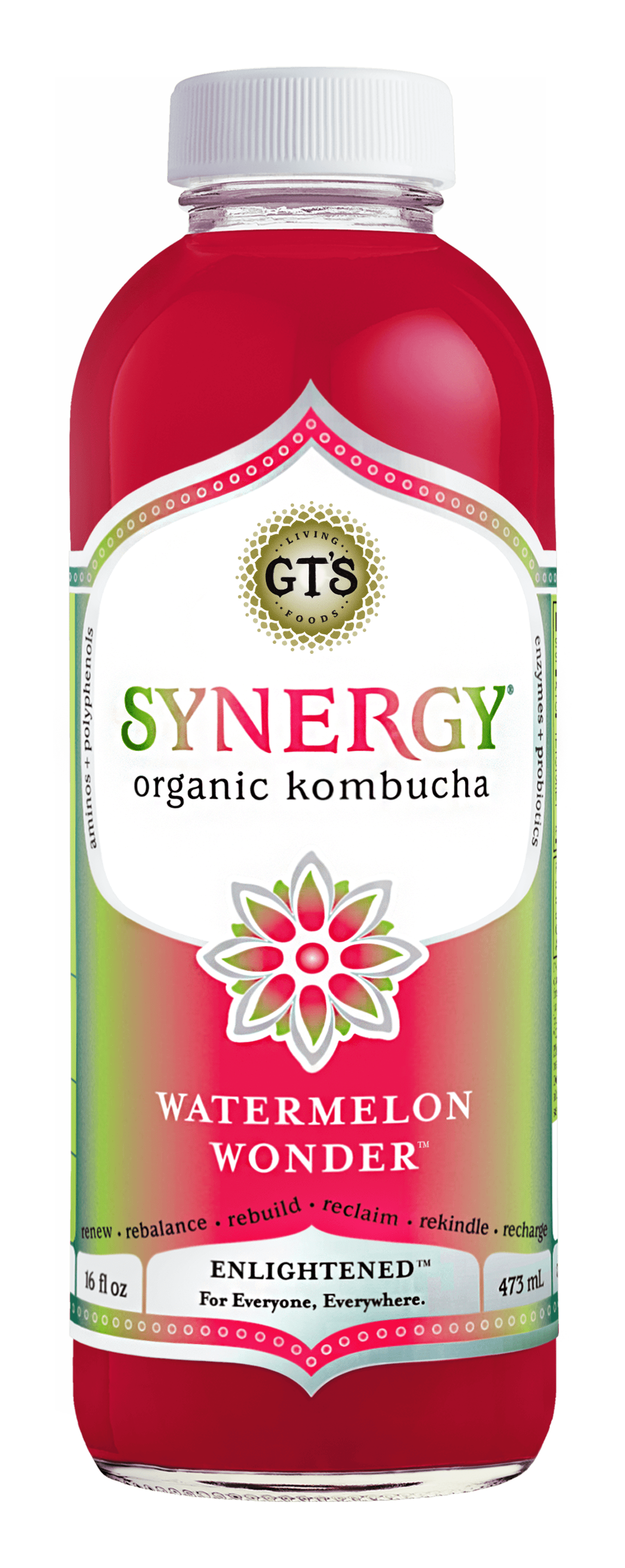


SpringerPlus: “Lactic acid bacteria: promising supplements for enhancing the biological activities of kombucha.” Medical Journal of Australia: “Lead poisoning from drinking Kombucha tea brewed in a ceramic pot.”Ĭonsumer Reports: “Does kombucha tea have any health benefits?”įood Technology and Biotechnology: “Antioxidant and Antibacterial Activity of the Beverage Obtained by Fermentation of Sweetened Lemon Balm ( Melissa officinalis L.) Tea with Symbiotic Consortium of Bacteria and Yeasts.” Journal of General Internal Medicine: “Probable gastrointestinal toxicity of Kombucha tea: is this beverage healthy or harmful?” Morbidity and Mortality Weekly Report: “Unexplained Severe Illness Possibly Associated with Consumption of Kombucha Tea - Iowa, 1995.” Journal of Intensive Care Medicine: “A case of kombucha tea toxicity.” Memorial Sloan Kettering Cancer Center: “Kombucha.”įood and Chemical Toxicology: “Effect of Kombucha, a fermented black tea in attenuating oxidative stress mediated tissue damage in alloxan induced diabetic rats.” Grand View Research: “Kombucha Market Analysis By Flavor (Original, Flavored), By Distribution Channel (Supermarkets, Health Stores, Online Stores) And Segment Forecasts To 2024.” But research hasn’t shown that it has the same effects in people.Ĭomprehensive Reviews in Food Science and Food Safety: “A Review on Kombucha Tea - Microbiology, Composition, Fermentation, Beneficial Effects, Toxicity, and Tea Fungus.”īMC Complementary and Alternative Medicine: “Hypoglycemic and antilipidemic properties of kombucha tea in alloxan-induced diabetic rats.”įood Microbiology: “Sequence-based analysis of the bacterial and fungal compositions of multiple kombucha (tea fungus) samples.”Ĭolorado State University, Food Source Information: “Kombucha.” Studies in animals show that the drink lowers cholesterol and blood sugar levels, among other things. Green tea may also help you burn fat and protect you from heart disease. Antioxidants protect your cells from damage. This includes bioactive compounds, such as polyphenols, that act as antioxidants. When kombucha is made from green tea, you get its benefits, too. Probiotics help with diarrhea and irritable bowel syndrome ( IBS), and they may even strengthen your immune system. But there’s not a lot of evidence to support these claims.Ĭlaims about kombucha’s power to aid digestion come from the fact that fermentation makes probiotics. It’s also said to boost your immune system, help you lose weight, ward off high blood pressure and heart disease, and prevent cancer. Kombucha Health BenefitsĪdvocates say it helps your digestion, rids your body of toxins, and boosts your energy. Kombucha also contains a healthy dose of B vitamins. Kombucha bacteria includes lactic-acid bacteria, which can work as a probiotic. You can use a SCOBY to ferment more kombucha. These bacteria and acids form a film on top of the liquid called a SCOBY (symbiotic colony of bacteria and yeast). This process is known as fermentation, and it’s similar to how cabbage is preserved as sauerkraut or kimchi, or how milk is turned into yogurt.

During that time, bacteria and acids form in the drink, as well as a small amount of alcohol. The basic ingredients in kombucha are yeast, sugar, and black tea. Sales in the United States are on the rise because of its reputation as a health and energy drink. It became popular in Europe in the early 20th century. It was first brewed in China and then spread to Japan and Russia. Kombucha has been around for nearly 2,000 years. There’s little scientific evidence to back up the claims, but some elements of the drink may be good for you. Many people say it helps relieve or prevent a variety of health problems, everything from hair loss to cancer and AIDS. Kombucha is a fizzy sweet-and-sour drink made with tea.


 0 kommentar(er)
0 kommentar(er)
